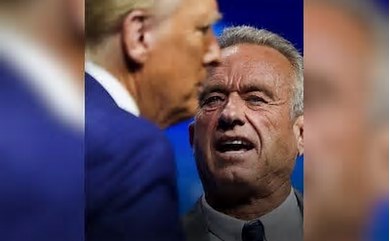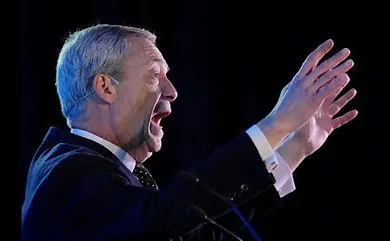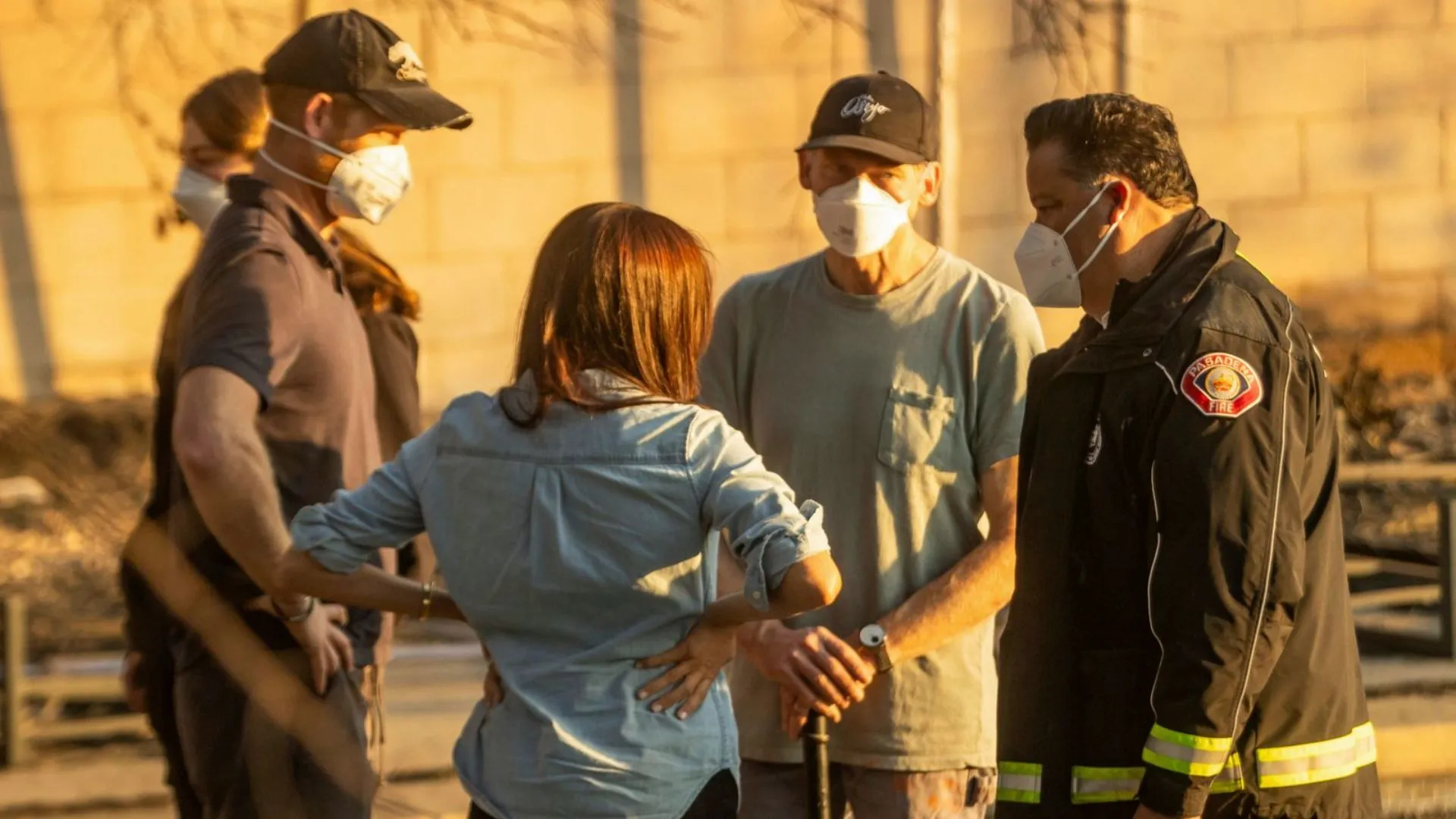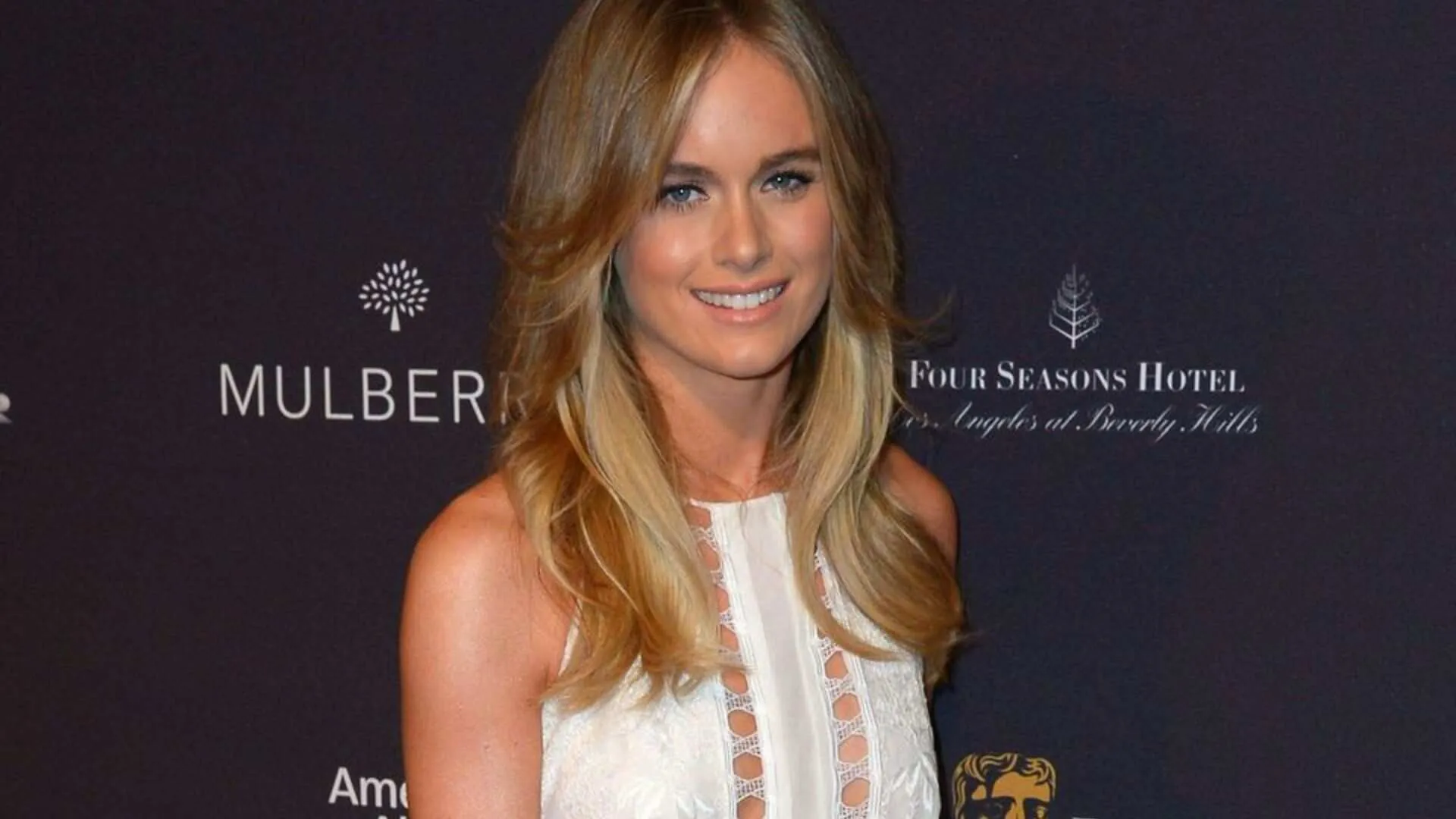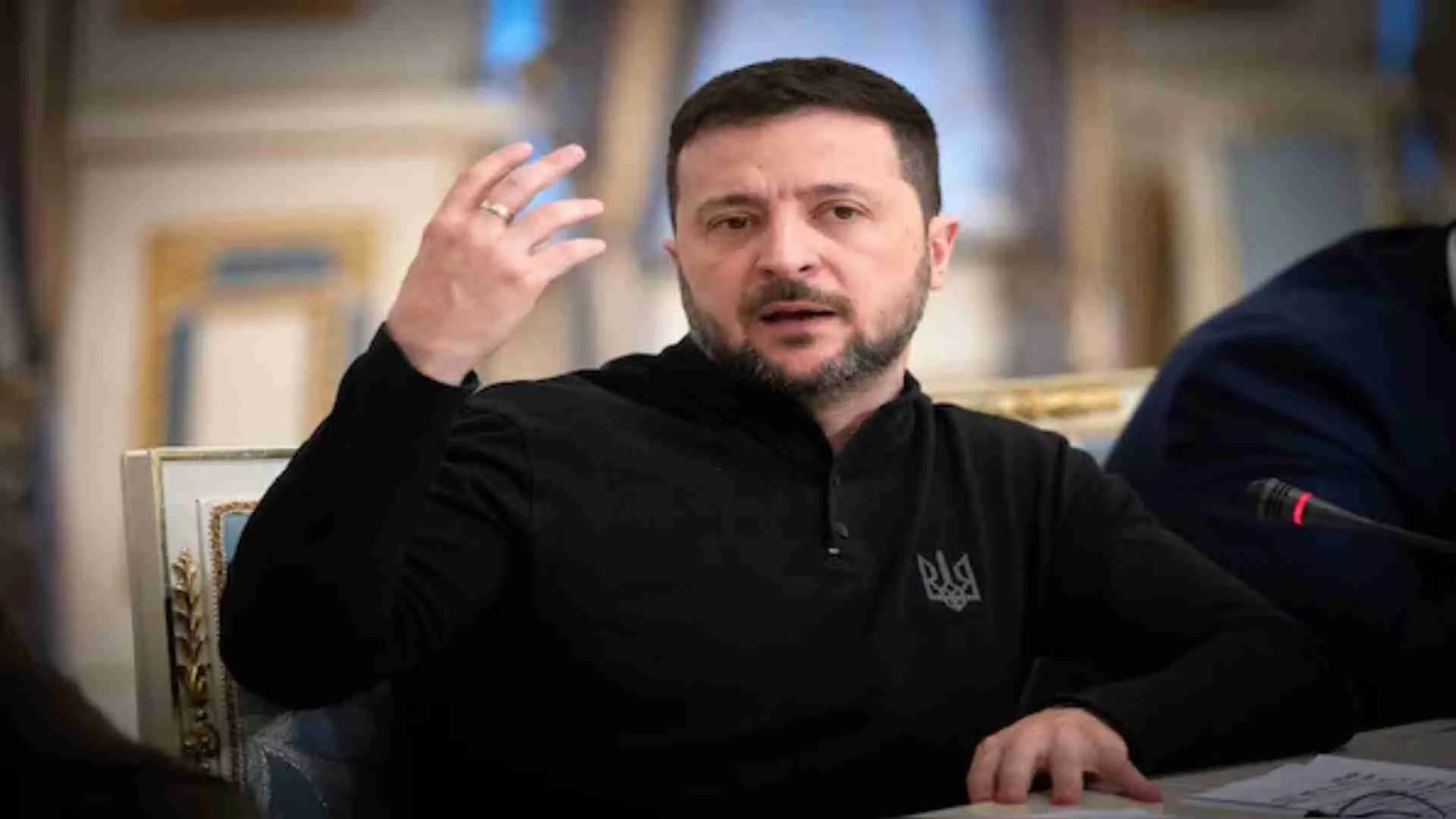President-elect Donald Trump revealed plans to engage in discussions with Robert F. Kennedy Jr., his nominee for Secretary of Health and Human Services (HHS), about potentially ending childhood vaccination programs. The remarks, made during a Time magazine interview, have reignited debate around vaccine safety and misinformation.
Trump highlighted his concerns over rising autism rates, stating, “The autism rate is at a level that nobody ever believed possible. If you look at things that are happening, there’s something causing it.”
While Trump did not explicitly link vaccines to autism, his comments align with claims often promoted by anti-vaccine movements, which have been repeatedly debunked by scientific research.
Kennedy’s Stance and Role at HHS
Kennedy, known for opposing vaccine mandates and spreading vaccine-related misinformation, is poised to oversee agencies like the Centers for Disease Control and Prevention (CDC) if confirmed. The CDC plays a critical role in managing vaccine recommendations and programs like Vaccines for Children, which provides free immunizations.
Trump expressed respect for Kennedy’s views, stating, “He does not disagree with all vaccinations. He disagrees probably with some.”
Kennedy has chaired the Children’s Health Defense, an organization that frequently questions vaccine safety. However, he disputes the “anti-vaccine” label, maintaining that his concerns focus on certain vaccines.
Experts Warn Against Revisiting Debunked Autism Claims
Public health experts have voiced strong opposition to the rhetoric surrounding vaccines and autism. Former FDA Commissioner and Pfizer board member Scott Gottlieb warned that lower vaccination rates could lead to outbreaks of once-controlled diseases like measles, which has a fatality rate of one in 1,000 cases in children.
Research consistently shows no link between vaccines and autism. A 2014 meta-analysis involving over 1.2 million children found no association, debunking claims from a now-retracted 1998 study by Andrew Wakefield. Autism advocacy group Autism Speaks reiterates alignment with the scientific consensus: “Vaccines do not cause autism.”
Trump’s Evolving Position on Vaccines
During the 2016 presidential debate, Trump supported vaccines but suggested spacing out inoculations over a longer period to reduce risks he believed might exist. In his recent interview, Trump reiterated the need to study potential vaccine risks, stating, “Certain vaccines are incredible. But maybe some aren’t. And if they aren’t, we have to find out.”
Despite the controversy, Trump downplayed potential backlash, asserting that changes to vaccination policies, if any, would not be “very controversial in the end.”
Conclusion
As discussions between Trump and Kennedy loom, the potential policy shifts on vaccinations are raising alarms within the public health community. Experts emphasize the importance of adhering to evidence-based practices to protect vulnerable populations and prevent outbreaks of preventable diseases.

